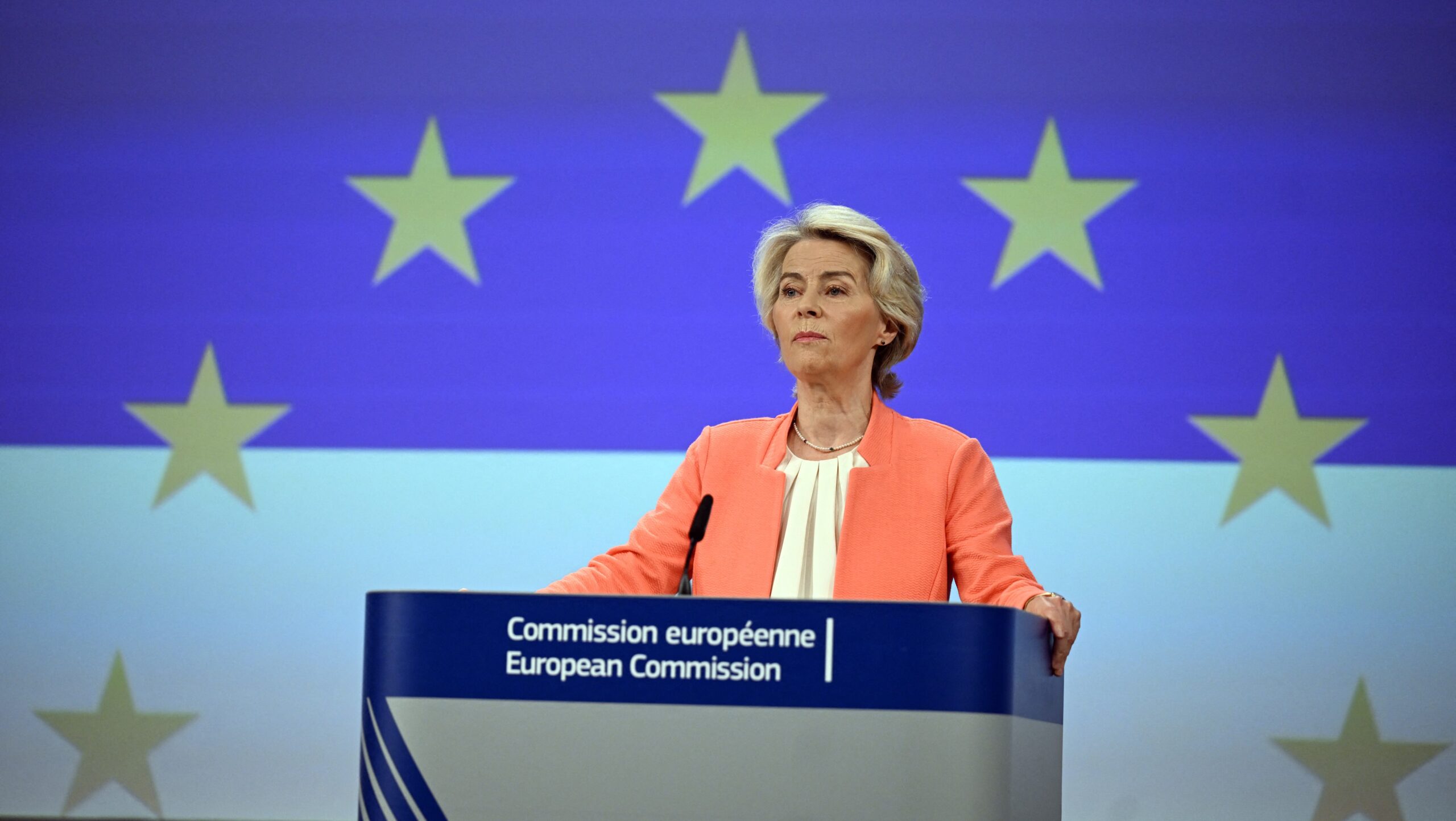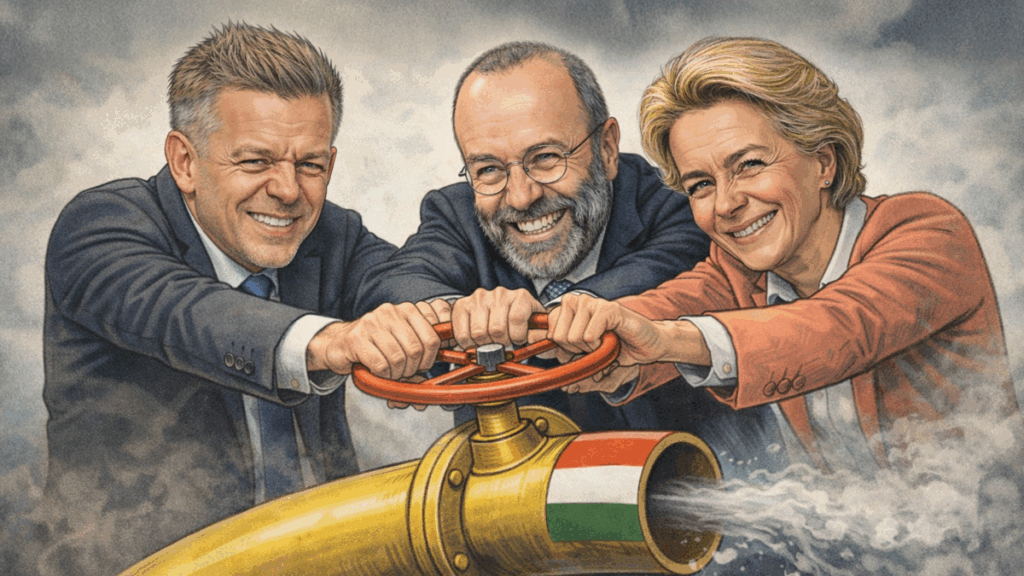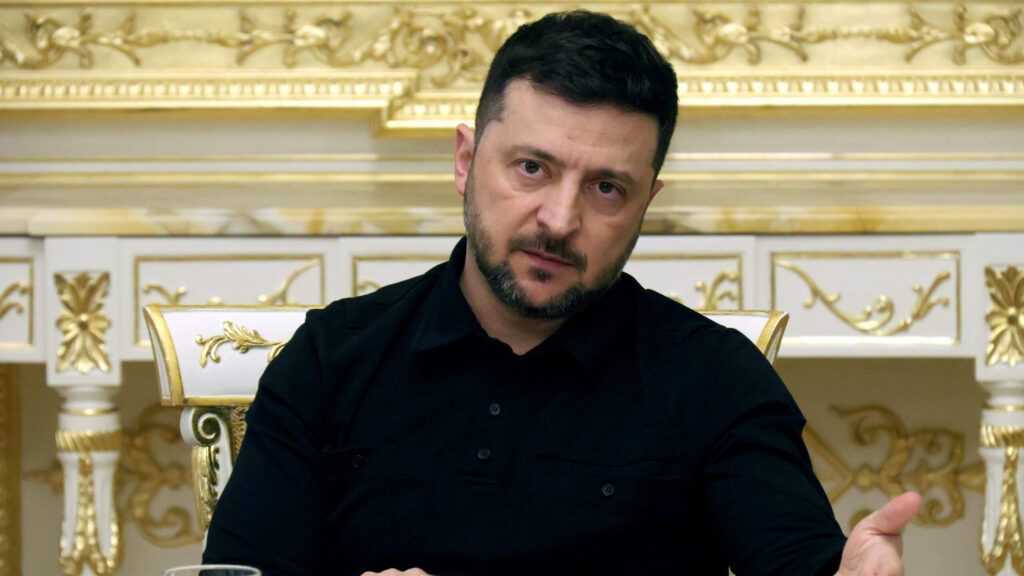The following is a translation of an article written by the Minister for Regional Development and Public Administration and researcher at the Europe Strategy Research Institute Tibor Navracsics, originally published on Ludovika.hu.
Ursula von der Leyen had to postpone the presentation of her new Commission, originally scheduled for 11 September, by one week. The forced postponement reinforces fears that the election process for the new European Commission will not be completed by the original deadline of 1 November and that the Commission will be at least a month late in taking office.
In itself, the delays can be seen as business as usual: in the period since the Lisbon Treaty, only one Commission has managed to start its work on time: only the Commission under Jean-Claude Juncker was able to start its work on 1 November 2014. The outgoing Commission—also chaired by Ursula von der Leyen—also had to wait a month because of the delay in the European Parliament hearings.
So, another delay is not a good sign. At first glance, it seems as if the old-new president is not in control of the process, even though the postponement of the presentation shows her political strength. The politician, who has struggled to achieve gender equality, has managed to get Slovenia to withdraw its original proposal for a commissioner and nominate a woman candidate, at the insistence of von der Leyen. However, the new candidate still has to be approved by the Slovenian parliament, which could not be done in time.
The success of this pressure could also be a sign that the current and next Commission President will be stronger in the five years ahead than in the current term of office. However, this picture is clouded by the fact that a month ago, Member States more than ever before spectacularly ignored the President’s request to nominate two candidates—a man and a woman—as the new Commissioners-designate, which would have allowed the President to choose between the candidates.
Will Ursula von der Leyen be a strong president in her second term?
The strength of a Commission President can be influenced by three main factors: her legitimacy, inter-institutional relations, and the support of Member States.
In 2019 Ursula von der Leyen’s legitimacy was initially strengthened by two circumstances. One was the fact that she was a governing politician from one of the European Union’s key Member States, and the other was that the Heads of State and Government of the Member States supported von der Leyen against the very top candidates preferred by the European Parliament.
This latter circumstance was later turned against the President of the Commission. She felt the need to compensate towards the European Parliament from the outset, but the fact that her party, the CDU, lost the forthcoming German elections and went into opposition also weakened her party’s political background considerably. Thus, the initial strong legitimacy was weakened as well.
In contrast to five years ago, the legitimacy of the Commission’s former and future President has been weak from the start in 2024. Although she is a Spitzenkandidat now, as she was the leader of the European People’s Party list in the European Parliament elections, the support of the leaders of the Member States is much weaker. In Germany, she is considered an opposition politician, so she is not a favourite but rather a forced choice for the governing coalition. The President of France has also openly expressed reservations about von der Leyen’s re-nomination. This does not bode well for the next five years.
‘The new EP is likely to be a more difficult and volatile partner for the new Commission over the next five years than in previous periods’
The stars are not all aligned regarding inter-institutional relations either. Although her nomination to the European Parliament has received stronger-than-expected support, Ursula von der Leyen still cannot sit back and relax.
With a more fragmented and polarized composition than in the past, the new EP is likely to be a more difficult and volatile partner for the new Commission over the next five years than in previous periods, due to a more unstable majority.
Finally, the new European Commission and its President will also be in a more difficult position in terms of support from Member States than they were five years ago when the institutions were renewed. The very fact that the President comes from one of the dominant Member States could be a major political strength—after all, Jacques Delors’ political strength was also largely based on the unwavering support of his mother country, France—but as an opposition politician, she cannot necessarily line up Germany either. In addition, the highly unstable German domestic politics and the fragile German government coalition cannot make her European political backdrop any stronger either.
Now even the great ally France cannot come to the aid of the German politician. Emmanuel Macron’s shaky domestic political situation, and the French domestic political situation now represent a weakness rather than a strength of European domestic politics.
All in all, our forecast is that Ursula von der Leyen will be in a weaker position in the next five years than she was in the previous period. Member States’ domestic policy problems and the fragility of the EU institutions make it more difficult to create a supportive policy environment and for von der Leyen to perform in her role as leader of the European Commission.







